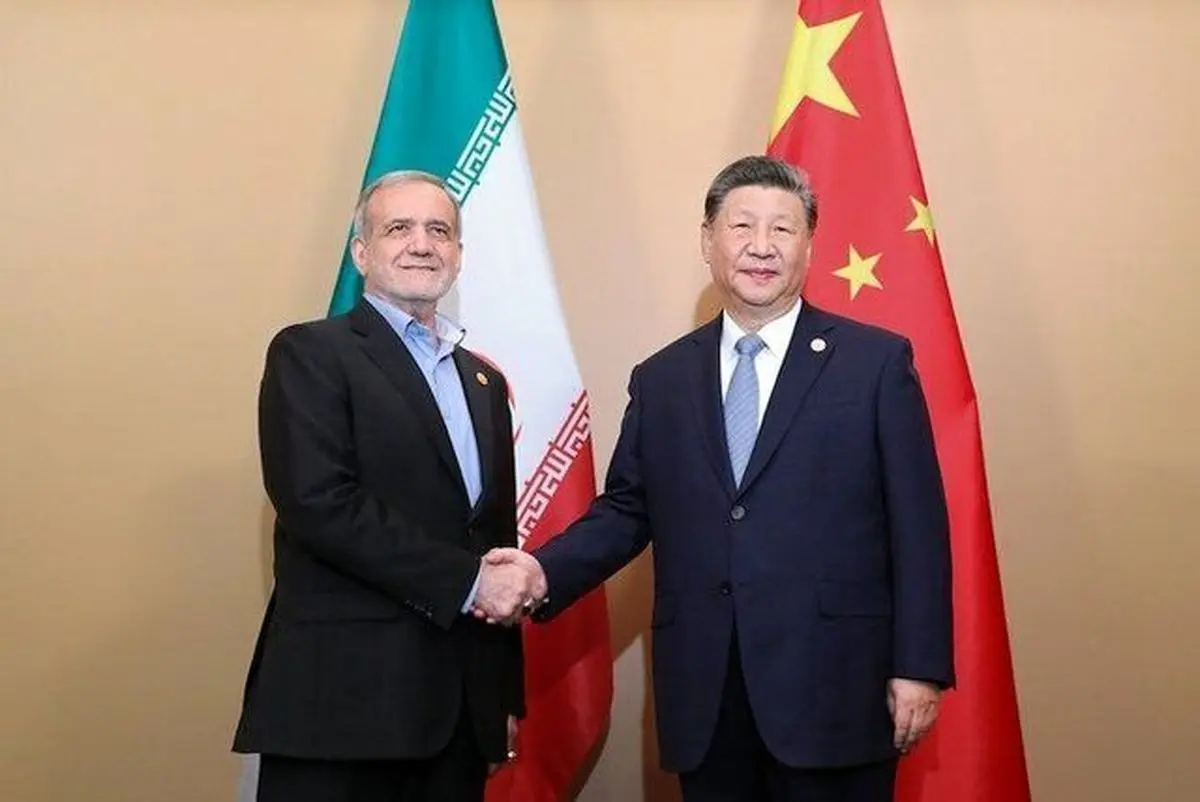SAEDNEWS: China’s strategic, economic, and political significance for Iran is highlighted amid post-war challenges and snapback sanctions, with President Medicalian’s visit aiming to solidify cooperation and operationalize the 25-year Iran-China agreement.

Nozar Shafiei, a China affairs expert, in an interview with Etemad Online, analyzed the significance and dimensions of Iran’s President’s visit to China and stated:
“You know that Dr. Medicalian’s trip to China was planned before recent developments, including the twelve-day war. Therefore, Iran-China relations are inherently important. China is a massive power, currently the world’s second-largest economy, and a permanent member of the UN Security Council. These features have special political significance for Iran, and China is one of the major global trading partners. Hence, politically, economically, and even militarily, China has capacities that no country can ignore. Of course, it is evident that China should remain only one of Iran’s partners. No country in today’s world places all its investments in one basket. Therefore, China, with all its potentials and characteristics, should remain merely one of Iran’s strategic partners. Countries such as Russia, and if Iran’s relations with European countries improve, they can also become other partners. If issues with the U.S. are resolved, it too can become one of Iran’s partners.”
He added: “Another aspect that highlights the importance of the visit is the current circumstances. Fortunately, this ties to your second point regarding sensitive conditions. Today, Iran has passed through a twelve-day war. This war created both opportunities and threats. Therefore, efforts to address threats and fill the gaps arising from this war are very important. In this regard, China may play an effective role in addressing some of these gaps Iran faced during the conflict.”
Shafiei also noted: “Additionally, we have the snapback issue. On Friday, European countries activated it. China and Russia’s roles in this situation are highly significant, especially since from Friday onwards, there is a one-month window for Iran to make any possible effort. Although procedurally and administratively, China and Russia may not have major influence over the implementation process, both are permanent Security Council members, and the snapback matter is on the council’s agenda. Therefore, they can play a crucial role in preventing or moderating the mechanism’s activation.”
He concluded: “Finally, what is currently happening in Iran-West relations shows that the prospects for improvement are not promising. In this context, where the country faces various internal challenges and even if sanctions are activated, Iran-China relations may be affected. Hence, attention to China becomes doubly important. In other words, restoring Iran-China relations during Medicalian’s visit can prevent a gap in the quality of bilateral relations. Emphasizing the implementation of the 25-year Iran-China cooperation agreement is crucial. This agreement maps out the two countries’ relations, and now, given current conditions, the question is how to operationalize it. This must be addressed during Dr. Medicalian’s trip to China to find actionable solutions.”

